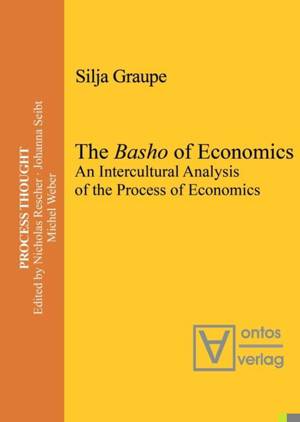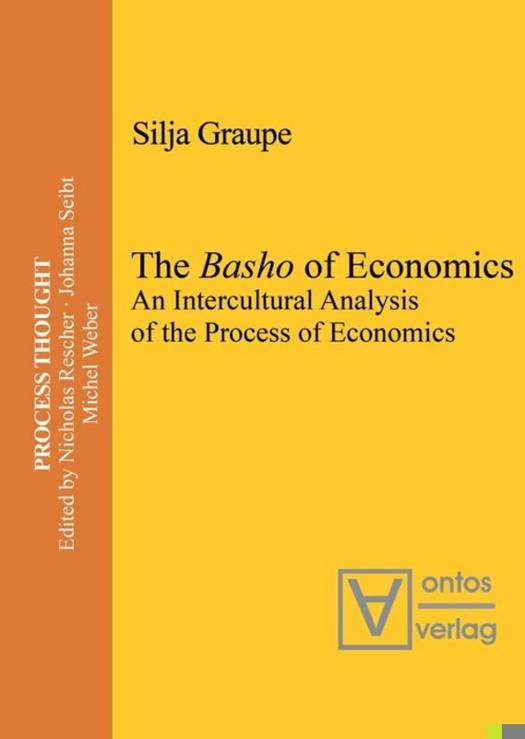
- Retrait gratuit dans votre magasin Club
- 7.000.000 titres dans notre catalogue
- Payer en toute sécurité
- Toujours un magasin près de chez vous
- Retrait gratuit dans votre magasin Club
- 7.000.0000 titres dans notre catalogue
- Payer en toute sécurité
- Toujours un magasin près de chez vous
The Basho of Economics
An Intercultural Analysis of the Process of Economics. Translated and Introduced by Roger Gathman
Silja GraupeDescription
In the parlance of modern Japanese philosophy, the term Basho denotes a field of experience underlying all conceptions of reality, while remaining itself conceptually ungraspable. The Basho of Economics, then, refers to the economy's hidden experiential ground, which has never been explicitly scrutinized, as such, by mainstream economics. We uncover this ground by discerning the tacit presuppositions of classical and neo-classical theories from the perspective of modern Japanese philosophy. In particular, we draw attention to the traditional atomist assumptions implicit in their equilibrium-centered models. By breaking through these assumptions, we reconstruct the economy as a functional and relational world of habitual and creative activity outside of the scope of mechanical laws.
Spécifications
Parties prenantes
- Auteur(s) :
- Editeur:
Contenu
- Nombre de pages :
- 325
- Langue:
- Anglais
- Collection :
- Tome:
- n° 15
Caractéristiques
- EAN:
- 9783110327984
- Date de parution :
- 15-05-07
- Format:
- Livre relié
- Format numérique:
- Genaaid
- Dimensions :
- 152 mm x 229 mm
- Poids :
- 784 g

Les avis
Nous publions uniquement les avis qui respectent les conditions requises. Consultez nos conditions pour les avis.






